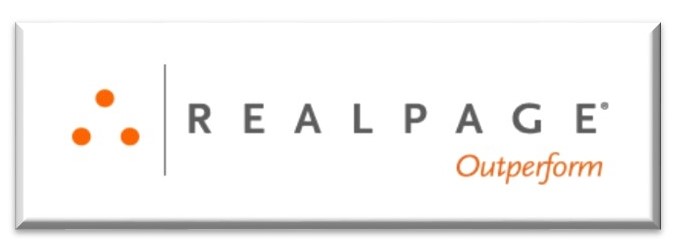Why, with all the scrambling to save money in every nook and cranny, are senior living communities letting resident insurance fall through the cracks?
By Susan Saldibar
Why, with all the scrambling to save money in every nook and cranny, are senior living communities letting resident insurance fall through the cracks? Is it just ignored until something happens? And when something does happen…well, you can fill in the blank (or check).
So you just paid $50,000 for a water damaged apartment. How’s that working out for you?
Talk about a vicious cycle ripe for breaking. After talking with Adam Falkauff, Vice President, Insurance Services & Analytics with LeasingDesk Insurance — a RealPage company and Senior Housing Forum partner — I am even more convinced that money is being left on the table. Not just for operators but for residents as well!
Since Adam has heard just about every complaint and excuse when it comes to insurance, I asked him to elaborate on some of the reasons why resident insurance isn’t one of the top priorities in senior living communities. Here are his top two:
- Top Complaint: It’s too expensive; adds too much to an often barely affordable monthly expense.
Reality: An average cost for a $100k policy is less than $200 per year. That breaks down to about $15 per month! - Top Excuse: I don’t want to browbeat residents into getting insurance.
Reality: Many operators are concerned that they’ll lose a prospect or resident because they insist on insurance: But that’s simply not true. Studies show that it does not curtail move-ins or negatively impact the amount of rent that management companies can obtain.
Who wants to be blindsided without insurance?
As Adam points out, even when residents do get policies at move-in, often by month 5 or 6 they are no longer covered. Here’s what’s happening:
-
Residents let their policies lapse, forgetting to make the payments.
-
Residents on payment plans change payment sources, such as a new credit card.
-
Residents deliberately cancel their insurance to save money.
“Our data shows that between 30-40% of all policies are cancelled before end of lease term,” says Adam. “Residents will subscribe initially, just so that they can say ‘Here’s my proof of insurance.’ Then, they dump it later on.” Why? Because, even though the insurance premium is not expensive, some still see it as a monthly expense that can be eliminated. Of course, the day may come when that $15 per month saved could come back to haunt you in the form of lost possessions and a $50,000 payment due. All because the tub water was left running. Or, when a fellow resident ransacked a resident’s jewelry box.
With all the technology out there, we can’t keep track of insurance policies?
This is a perfect example of where technology can help. There are fully automated systems, such as LeasingDesk, that allow you to organize and keep track of insurance policies, ensuring that coverage is maintained throughout the term of a lease. Here are a few of the things these systems can do:
-
Get notification that a resident has purchased insurance.
-
Organize policies and keep all the information in one place.
-
Track changes to policies, including cancelations.
-
Provide gap coverage for residents who do not have an active policy
LeasingDesk also offers a resident email program, which works to boost compliance by sending email reminders when residents don’t have the required coverage.
But technology alone can’t do everything.
Adam reminds communities to be diligent in managing their insurance program and enforcing their requirements upon move-in. If coverage is not in place, the community is exposed and runs the risk of suffering a loss.
And, many communities continue to fly blind, because, without the tools and process in place, there is no way to know who has what until something terrible happens. “Then, if the resident doesn’t have insurance, and causes damage to an apartment, the owner ends up having to use their commercial insurance policy,” says Adam. “So premiums may go up and they oftentimes have a substantial deductible to satisfy.”
No kidding.
Look, no one likes insurance . . . until you need it. How successful senior living communities are will depend on how well they are able to make the case to their residents. As Adam points out, 85% of property management companies are now requiring that residents carry insurance.
So if you’re one of the 15% who aren’t, isn’t it about time to make that case?
For more information on LeasingDesk insurance options and how to get started, click the button below:
Click the button below to download a PDF copy of this article:










